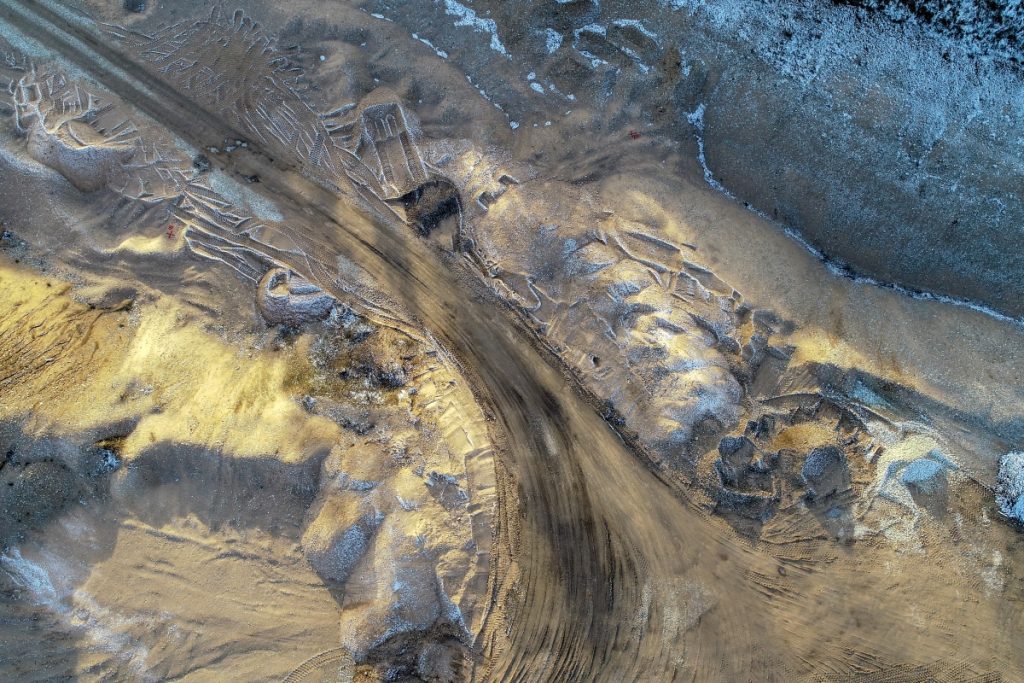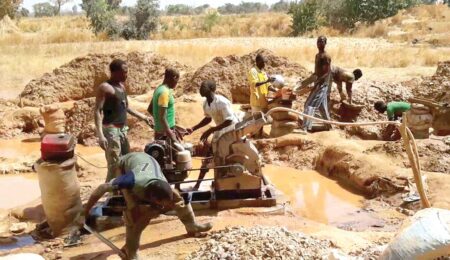Experts in Nigeria’s minerals and mining sector have called for substantial investment in mineral exploration and geoscience data generation to attract global mining companies to the country.

According to Leadership News Speaking during a panel discussion at the Nigerian Mining Week in Abuja, industry leaders from the public and private sectors highlighted the need to optimise the country’s vast mineral potential. They categorised abandoned, resource-rich sites as Brownfields, while describing newly developed sites aimed at revitalising the mining industry as Greenfields.
Habeeb Jaiyeola of PricewaterhouseCoopers (PwC), who moderated the session, urged Nigeria to adopt innovative strategies to maximise both Brownfield and Greenfield assets. He emphasised that the time is ripe for comprehensive exploration efforts.
Fadi Abou Ghazale, Chief Executive Officer of Titan Minerals Nigeria, stressed the critical role of geoscience data in attracting investors. He explained that mining, driven largely by the private sector while regulated by the government, requires collaborative efforts to enhance mineral exploration and identify economically viable resources.
“Exploration funding remains scarce, and the government must prioritise credible geoscientific data generation to make Nigeria more appealing to international investors,” Ghazale said. He urged Nigeria to foster a supportive environment for junior mining companies, as these firms are instrumental in exploring and de-risking mineral assets, a prerequisite for attracting major global players like Rio Tinto.
Ghazale encouraged collaboration between the Federal Executive Council, Senate, and House of Representatives to increase investment in geoscience data. He emphasised that the availability of robust data would lead to significant mineral discoveries, making both Brownfield and Greenfield sites more attractive to international investors. Junior exploration companies, supported by credible data, could then advance these discoveries through pre-feasibility and definitive feasibility studies.
Simon Nkom, Director-General of the Nigeria Mining Cadastre Office (MCO), highlighted the importance of digitising mineral licensing to create a favourable investment climate. He explained that while the government historically engaged in mining, it now acts as a regulator, with some legacy Brownfield assets still under state ownership. He cited Nigeria’s substantial bitumen reserves as examples of assets requiring better management and promotion.
Nkom also recalled Nigeria’s historical prominence as a global exporter of tin, coal, and columbite in the 1940s. He encouraged investors to explore both Brownfield and Greenfield assets, noting that untapped Greenfields hold significant potential for new discoveries.
Ayodeji Gbeleyi, Director-General of the Bureau for Public Enterprises (BPE), represented by Ahmed Abdulkadiri, pointed out that much of Nigeria’s Brownfield geodata originates from earlier foreign exploration activities. He noted that the government, after nationalising these assets, failed to conduct further studies, leaving a gap in available data necessary for effective concessioning.
The Director-General of the Nigerian Geological Survey Agency (NGSA), Professor Olusegun Omoniyi Ige, affirmed the availability of historical geoscience data from the British Geological Survey at the NGSA Geodata Centre. He encouraged stakeholders to leverage this data to evaluate and develop Nigeria’s mineral assets effectively.
Ghazale, Nkom, and Ige agreed that comprehensive evaluation and credible data are essential for harnessing Nigeria’s Brownfield and Greenfield resources. By prioritising data generation and strategic investment, Nigeria can unlock its vast mineral potential and attract global mining giants to its sector.





Leave a Reply